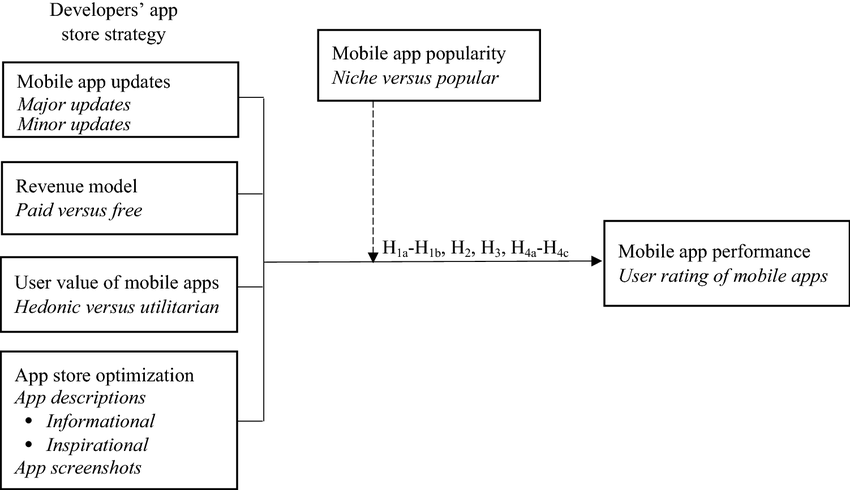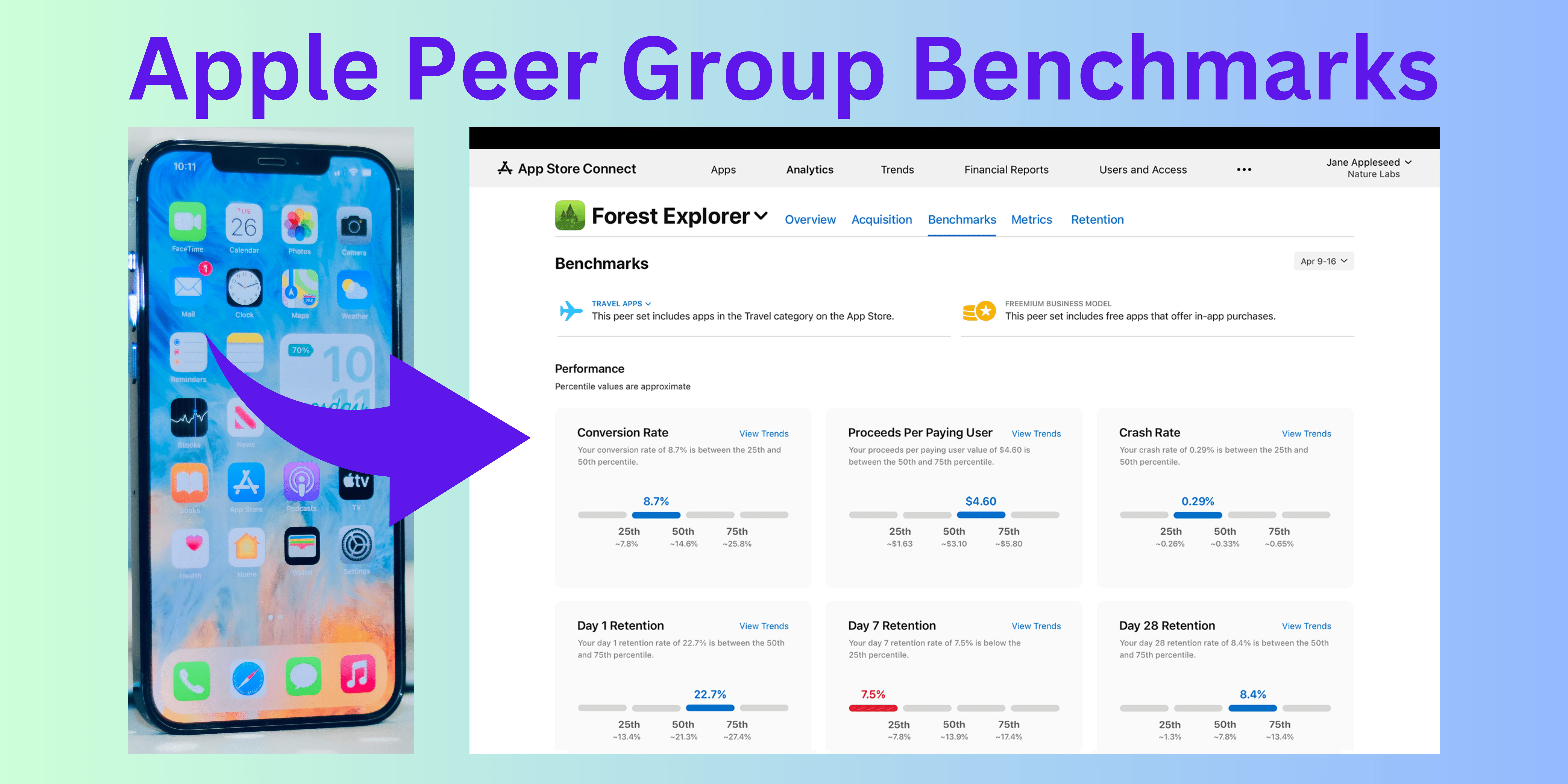- ელფოსტა:[email protected]
- ტელეფონი:+1 (305) 340-3049
06 ივნ

With the ongoing surge in the mobile app market, optimizing your mobile app’s presence in an app store is crucial to its success. A recent study conducted by W. afesse brings to light how the popularity of an app should considerably influence its app store strategy.
Decoding App Popularity in App Store-ის ოპტიმიზაცია
Afesse’s study, “The differential effects of developers’ app store strategy on the performance of niche and popular mobile apps,” introduces a groundbreaking model that relates app store strategies to the performance of an app.
The research differentiates between niche and popular mobile apps and analyzes how aspects like update frequency, revenue model, user value, and content optimization can craft a potent app store strategy. The insights are derived from a dataset of 5765 mobile apps from Apple’s App Store.
In the crowded digital landscape, understanding the nuances of app popularity can greatly aid in tailoring your app store strategy. As app developers, recognizing where your app falls on the popularity spectrum can help you cater to your audience more effectively and optimize your app’s performance.
Navigating the World of Updates and Content Optimization
The research findings indicate that niche apps require more active management. This involves rolling out updates more frequently and finessing the optimization of the app’s content within the app store.
It’s a well-known fact that frequent updates can rectify bugs, enhance user experience, and boost app visibility. However, this research underscores that for niche apps, frequent updates could be a game-changer. It not only positions your app as a product that is continuously evolving and improving but also assures your users that you’re responsive to their needs and feedback.
Moreover, smart content optimization can significantly uplift your app’s presence in the app store. A well-crafted title, a compelling description, engaging screenshots, and positive user reviews can dramatically improve search rankings and conversion rates. As developers, incorporating SEO best practices into your app’s content and continuously refining it based on user interactions can go a long way in maximizing visibility for niche apps.
What Is the Best Day of the Week to Release a Mobile App Update?
According to 42Matters, It’s not just the frequency of updates that matters, but also the timing. The study reveals a fascinating trend regarding the preferred day of the week to roll out app updates on the Apple App Store. For the top 1,000 iOS apps, the day of the week significantly influences the number of updates released.
Monday emerges as the most popular day for developers to release updates. It makes sense as it aligns with the start of the workweek when developers and support teams are fully staffed and ready to handle any potential issues or feedback that may arise from the updates.
On the other hand, Sunday sees the least number of updates. This pattern could be attributed to the weekend when most teams might not be fully operational and users are less likely to focus on app updates.
This trend indicates a strategic approach to update rollout, ensuring that the necessary support is available when it’s needed the most. It serves as a reminder that understanding your team’s capacity and users’ habits can help in deciding the optimal timing for your app updates.

Embracing the Power of Hedonic Categories
Another fascinating finding of the study is the potential advantage of hedonic category apps in a niche positioning strategy. If your app is designed to bring fun, entertainment, or a sense of self-expression, it complements the unique offerings of a niche app, enhancing its likelihood of success.
Hedonic apps, by their very nature, are intended to engage users on an emotional level. They tap into the ‘pleasure principle’ of users, making the user experience enjoyable and entertaining. In an app marketplace that is becoming increasingly saturated, hedonic apps can provide a refreshing change, especially if they cater to a niche audience. Such apps have the potential to form a loyal user base, resulting in higher retention rates and long-term success.
Additional Insights and Final Thoughts
While the study provides a great foundation, it’s important for developers to remember that app store strategies should not be ‘one size fits all.’ The mobile app market is dynamic and ever-changing, and so should be your strategy. It’s crucial to keep abreast of market trends, user preferences, and technological advancements to remain competitive.
The research emphasizes the importance of tailoring your app store strategy based on your app’s popularity and positioning. Proactive management and intelligent content optimization can significantly benefit niche apps. If your app is designed to deliver enjoyment or entertainment, it might be well-suited for a niche strategy. However, it’s equally essential to monitor the performance of your app and adapt your strategies accordingly.
In conclusion, as developers, we should leverage these findings to make informed decisions about our app store strategies. By understanding the dynamics of app popularity and employing the right optimization tactics, we can position our apps for success, whether they cater to a niche audience or appeal to the masses.




ჯეისონ ბატანსკი